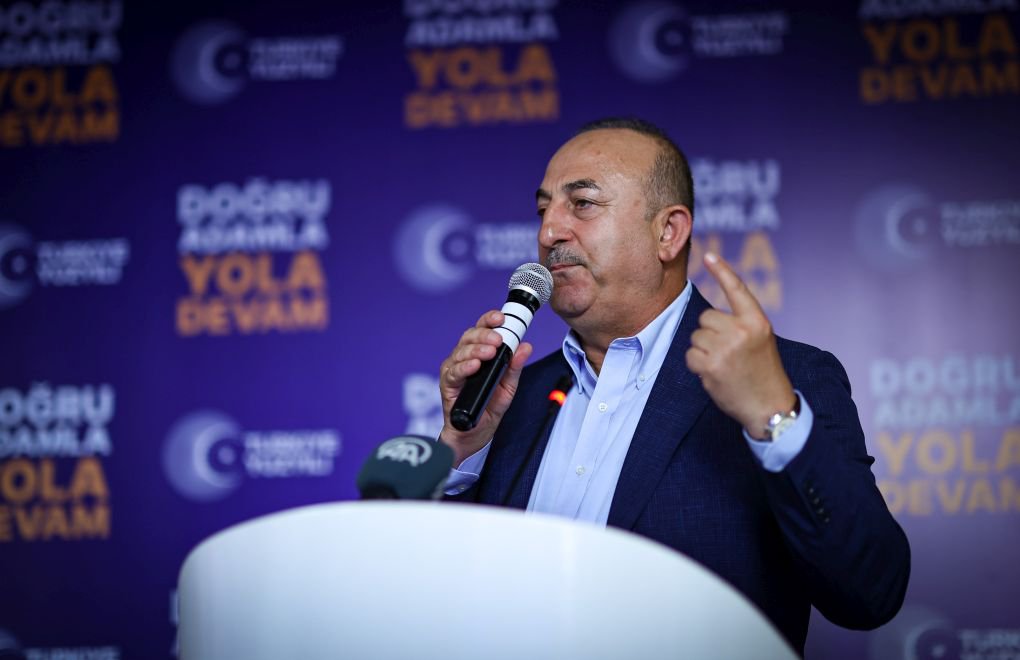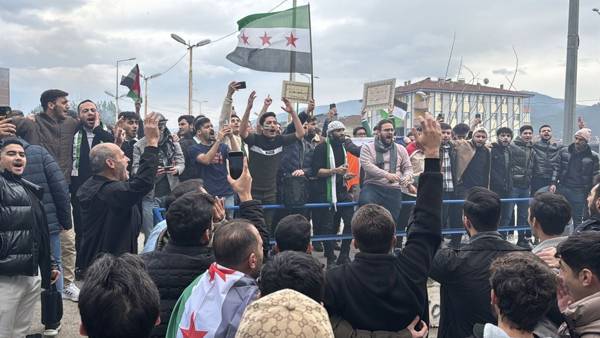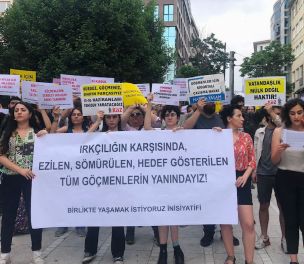Click to read the article in Turkish
Foreign Minister Mevlüt Çavuşoğlu emphasized that Turkey cannot send back all of the refugees currently residing in the country due to the country's labor force needs.
"It would not be correct to say that we will send back 100 percent of them," Çavuşoğlu said during an appearance on Habertürk TV yesterday.
"Currently, there is a need for employment in the agricultural sector, industry, and markets in Turkey. People complain that they cannot find shepherds, for example, my father has sheep. There is a need for a workforce right now."
The minister stepped into the debate as the repatriation of the refugees once again became a pressing issue in the country ahead of the presidential runoff election scheduled for May 28.
Following the May 14 elections, opposition candidate Kemal Kılıçdaroğlu took a firmer stance on the issue, framing the presidential runoff as a referendum on whether to retain "10 million refugees" in the country.
President Erdoğan and his government, on the other hand, defend their refugee policies while acknowledging the necessity of repatriating some of them.
Çavuşoğlu's remarks were in line as he outlined that while the Turkish government is committed to facilitating the safe return of refugees, it must be done in a manner that upholds their human dignity. "We are determined that they will return, and we will make it happen, but we must ensure that it is done in a way that respects their dignity."
The minister further said that there are a significant number of Syrian refugees who should return to their homeland, and Turkey is actively working on a roadmap to facilitate their safe repatriation.
Çavuşoğlu also touched upon the issue of migrants arriving in Turkey from countries such as Afghanistan, Pakistan, and various parts of Africa. He said that a considerable number of these migrants have been repatriated to their respective countries.
Turkey hosts over 3.7 million Syrian refugees and over 300,000 others from Afghanistan, according to government figures.
In addition to discrimination and anti-refugee sentiment fueled by some political groups, the refugees also face insecure and informal employment, where they often receive significantly lower wages compared to local workers. (AS/VK)






.jpg)


.jpg)